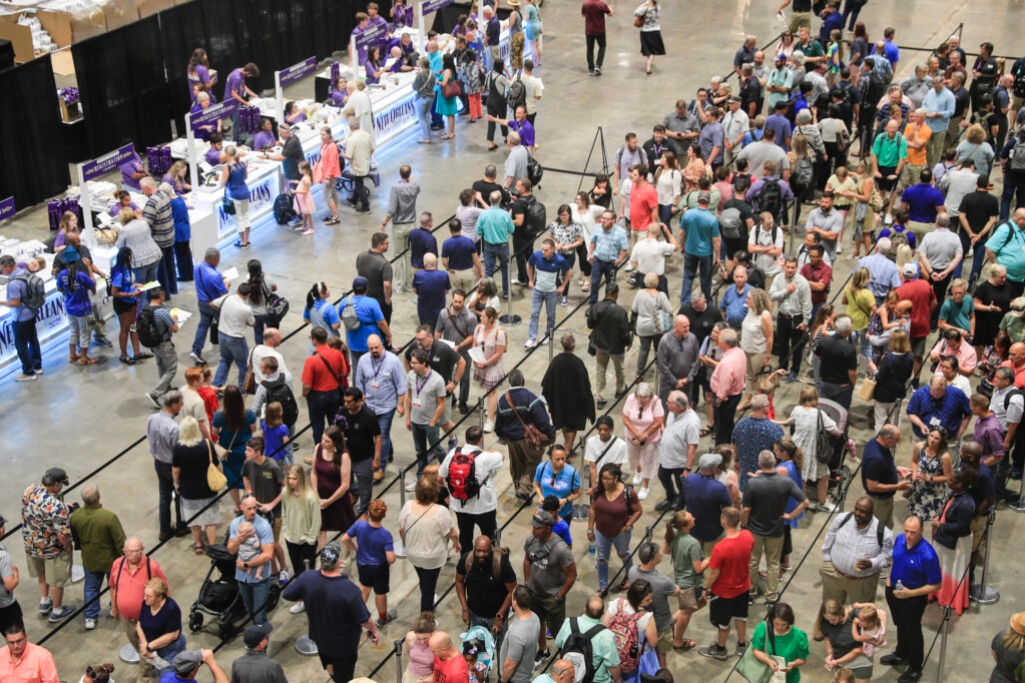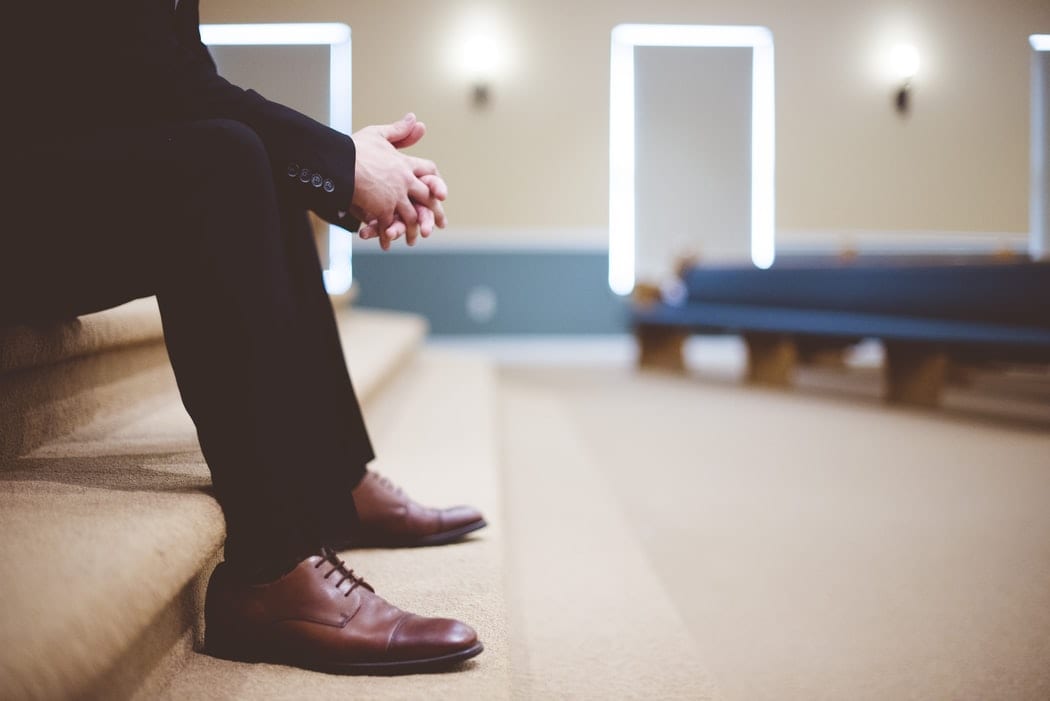Have you built your underground bunker yet?
Don’t wait too long. If hurricanes and earthquakes don’t get you, terrorists and North Korean nukes might – not to mention lone gunmen randomly spraying bullets. We live in fearful times.
My bunker question isn’t entirely facetious. The survivalist movement, which has been around since Cold War days, has morphed into the trendier “prepper” movement. There was even a cable TV show about it (“Doomsday Preppers”).
|
Erich Bridges |
Suburban moms anxious about the apocalypse seem to embrace the “prepper” moniker better than “survivalist,” which evokes images of wild-eyed, bearded guys in camo gear running around in the woods. “Prepper” moms can stock freeze-dried food and water in their safe rooms at home without feeling weird. A whole retail niche has developed around the trend. Costco, for example, offers a one-year emergency food kit. Price: $1,000, shipping included. Be prepared to eat a lot of granola, canned vegetables and canned fruit.
“Lurking beneath our well-socialized exteriors is an intense, primitive need to protect ourselves and those around us from existential threats,” Andrea Palpant Dilley writes in “Confessions of a Christian Prepper,” a recent article in Christianity Today. “One way or another, we all have to contend with the fundamental tension between readiness and relinquishment: When do we accept our mortality, when do we fight against it, and when do we give it up to God’s providence?”
To prep or not to prep – that is the question. Surrendering to God’s providence, customary in past generations when death visited more frequently, seems quaint in our day. We want to eliminate all threats, real or imagined.
This, at least in part, drives the relentless campaign to create “safe spaces” on college campuses and “protect” students from “dangerous speech.” Four in 10 American millennials (ages 18-34) now think the government should be able to regulate offensive speech, according to the Pew Research Center.
So much for the First Amendment. If we fear mere words that much, how deeply do we fear actions?
Not only do parents want to protect their kids from any potential danger, we demand that social institutions do the same for the rest of us, to the point of absurdity. There are plenty of real victims in our society, but a generalized culture of grievance and victimhood enables everyone to feel offended by – and fearful of – just about everyone else.
“Fear, in all its forms, is at the heart of these issues – fear of failure, ridicule, discomfort, ostracism, uncertainty,” psychologist Clay Routledge writes in The New York Times. “Of course, these fears haunt all of us, regardless of demographics. But that is precisely the point: Our culture isn’t preparing young people to grapple with what are ultimately unavoidable threats. Indeed, despite growing up in a physically safer and kinder society than past generations did, young Americans today report higher levels of anxiety.”
Why this nameless fear?
There are many causes: rapid change, loss of trust in traditional authorities, economic uncertainty, seemingly endless acts of violence and terrorism – magnified by 24/7 media. We are all susceptible to it.
But if there is any place that should be immune to fear, it is the heart of a Christian believer.
Do not fear, the Lord tells us – again and again, from Genesis to Revelation. His will shall be done. His Spirit shall lead us to victory. His glory shall be revealed. His presence shall comfort and protect us, no matter how terrible things seem. His purpose shall be fulfilled. Only be “strong and courageous,” He repeatedly commands the fearful Israelites as they venture into an enemy-filled Promised Land (see the Book of Joshua).
“For God has not given us a spirit of timidity,” the apostle Paul tells his young disciple Timothy, “but of power and love and discipline” (2 Timothy 1:7, NASB).
Yet many evangelical churches seem fearful these days. Fear of being overwhelmed by a hostile culture. Fear of losing liberty. Fear of outsiders and enemies, real or imagined. Fear of immigrants and refugees – the very people we should be welcoming and evangelizing in an age of unprecedented global migration.
Build a wall, the alarmists say – around our borders, our culture, our churches. Retreat into tribal enclaves. Even if some sort of Christian “Fortress America” were possible, is it what God intends? What about going to the nations, including the nations among us?
“The sluggard says, ‘There is a lion outside; I will be killed in the streets!’” (Proverbs 22:13, NASB). Fear is a convenient cover for laziness, disobedience and distrust of God.
“Quite frankly, I don’t always trust God to provide,” Dilley, the prepper mom, admits. “I believe in the power of evil to overcome, and I’m determined to do everything I can to fend it off on my own. … [But] I’m called to pivot outward, toward my neighbors.”
Who are our neighbors? Do we fear them – or love them?
(EDITOR’S NOTE – Erich Bridges is a writer based in Richmond, Va., with 30-plus years in Baptist journalism.)



